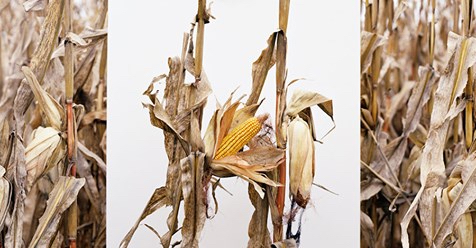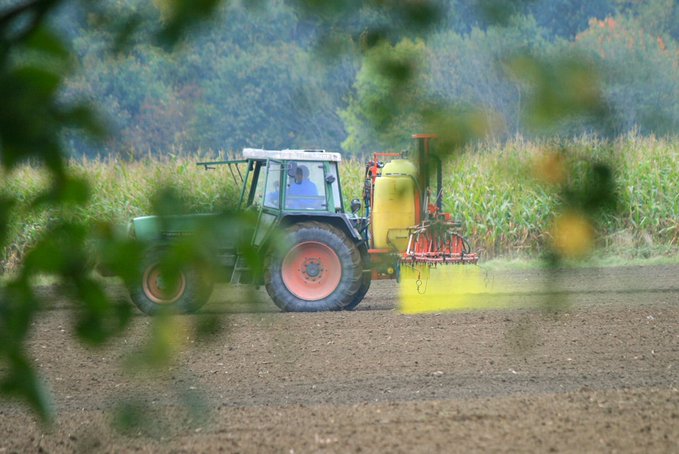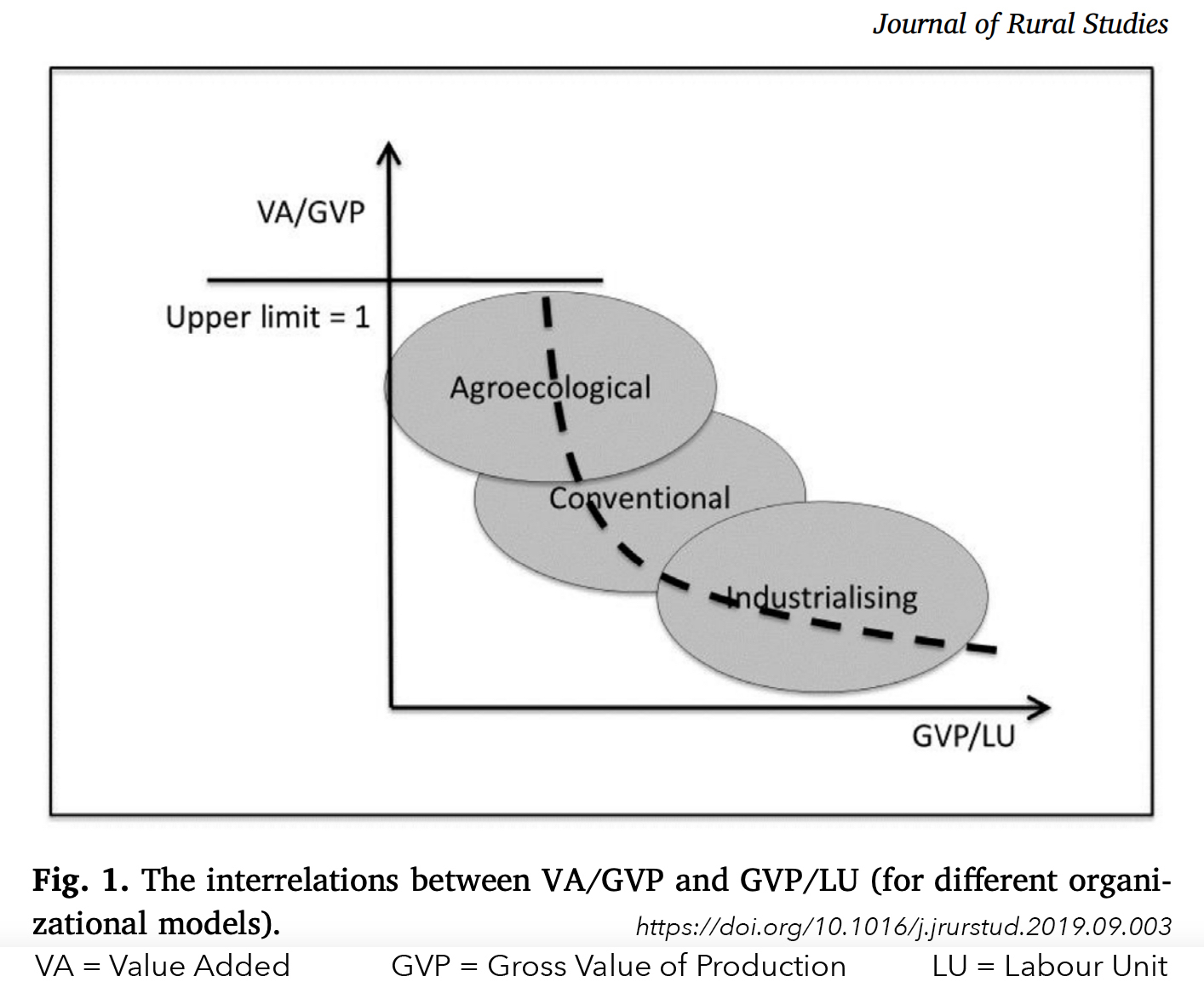
How ecological farmers can feed the entire growing world population
9 juli 2019Short version of the lecture on 2 July 2019 in Amsterdam *
In a previous lecture in Amsterdam for VU and UvA students, I demonstrated on the basis of scientific studies that organic farming has the best credentials for an adequate sustainable food supply. The calculation I made then showed that organic farming could feed 10.4 billion people.
At that time I had assumed that the area of industrial crops would remain the same. Altogether 190 million hectares, or 12% of the total area of crops in the world, if besides 105 million hectares of soybeans, 35 million hectares of rapeseed, 15 million hectares of oil palm and 25 million hectares of sugar cane, also the 4 million hectares of sugar beets and 6 million hectares of tobacco are included. If half of those 12% industrial crops were to be earmarked for ecological food farming in the long term, even more than 11 billion people could be fed organically in the future.
Chemical pesticides damage the health of humans, animals, soil, air, water, ecosystems and biodiversity. Food should therefore not contain pesticide residues. This will become even more important for Europe because of the trade agreement that the EU concluded with the Mercosur countries on 28 June 2019: Brazil, Argentina, Uruguay and Paraguay. This trade treaty allows contaminated agricultural products from those countries to enter the European market. This can seriously lead to even more risky food on the European store shelves. The Swiss agrochemical giant Syngenta of which the chairman of the board of Wageningen University & Research is a supervisory director, earns billions in Brazil for the sale of Highly Hazardous Pesticides (HHPs) that are banned in the EU. It is not for nothing that Brazil authorized 150 new pesticides a few months ago that are banned in Europe. All the more reason for the European agricultural sector to bet on food that is free from chemical pesticide, GMO and hormone residues and to communicate well with consumers about it.
The VAT on food that is free of these substances should be reduced, so that the minima are more likely to opt for healthy food (it also saves on healthcare costs). The farmers must get a much higher price for it.
They therefore experience the importance in their wallets to (going to) produce in an ecologically responsible manner. In addition, natural biodiversity and the necessary soil restoration are taking shape again, soil and surface water are less polluted and drinking water supplies and the environment and climate are much less threatened.
A nice side-effect is that in the Netherlands with ecological agriculture the disgusted phosphate ceiling can disappear. Then the entire bureaucracy around it can disappear and the farmers can save on much unfair generic policy, regulatory pressure and administration. As a result, they will also enjoy more pleasure in their important profession. Farming becomes fun again!
Header photo: maize Photo credits: Mathieu Asselin
* Lecture during the exhibition ‘Monsanto®: A Photographic Investigation’ by Mathieu Asselin in The Ravestijn Gallery, Westerdok 824, Amsterdam
.
Read also:
Global analysis shows how pesticides leach into the environment
.




La performance économique des systèmes de production agro-écologiques
Une équipe internationale de chercheurs vient de publier, dans le Journal of Rural Studies, une large revue de la littérature sur la performance économique de l’agro-écologie, allant de l’analyse théorique de ses déterminants à divers travaux empiriques. L’agro-écologie repose sur l’usage des ressources naturelles et le bouclage des cycles biogéochimiques, selon une approche systémique et dynamique, adaptant les systèmes de production au cas par cas à leur environnement.
« Les auteurs étayent leur analyse par une large revue d’exemples concrets issus d’une douzaine de pays européens. Ainsi, au Danemark, l’agrandissement poussé a conduit à une grande fragilité du secteur laitier, la majorité des exploitations de plus de 200 vaches étant en déficit en 2016, alors que la plupart des fermes de moins 100 têtes restaient bénéficiaires. »
http://veilleagri.hautetfort.com/archive/2019/10/15/la-performance-economique-des-systemes-de-production-agro-ec-6183151.html

Pablo A. Tittonell – Farming With Nature – Towards Ecological Intensification of World Agriculture
Video from the conference “Only Agro-Ecological Farming Can Feed The World Sustainably”, which was held at Faculty of Science, KU the 2nd of September 2014: https://youtu.be/l9L7DSsoOgQ
The conference was organised by Agro-Økologisk Netværk.
Nowadays, Pablo A. Tittonell is a Professor at University of Groningen (aka Rijksuniversiteit Groningen)